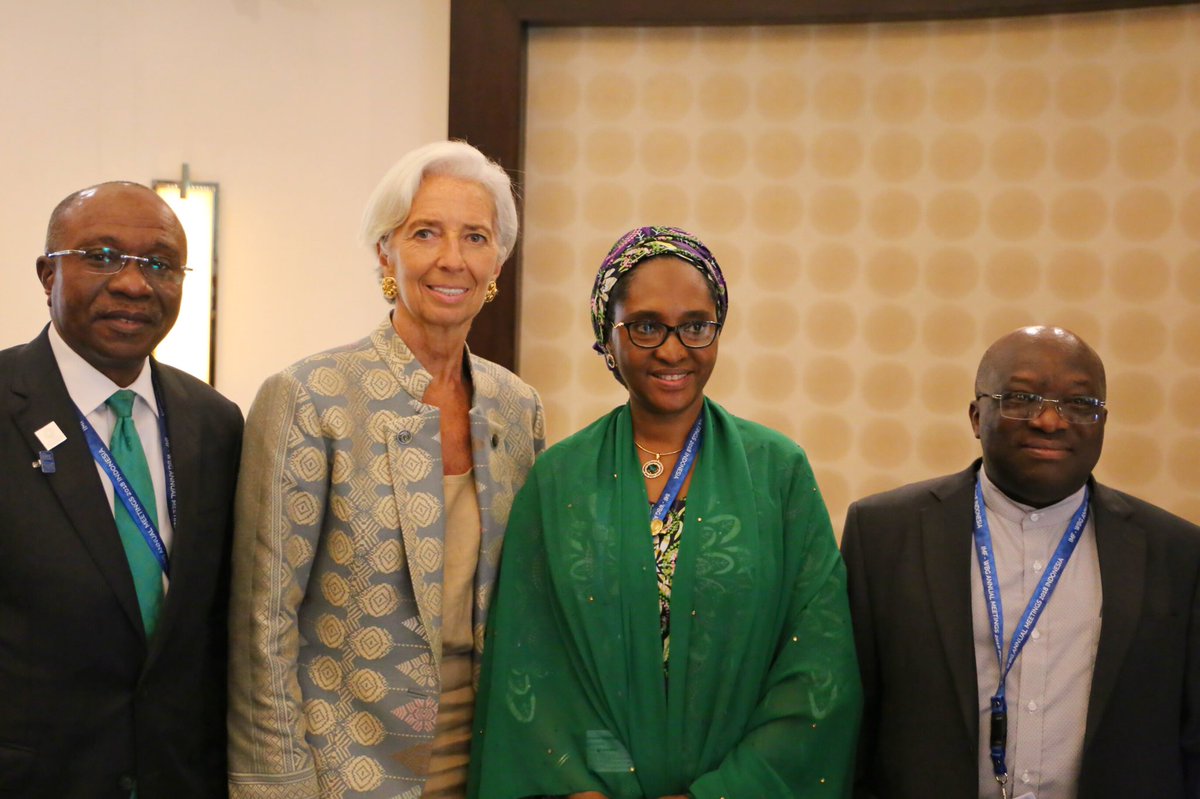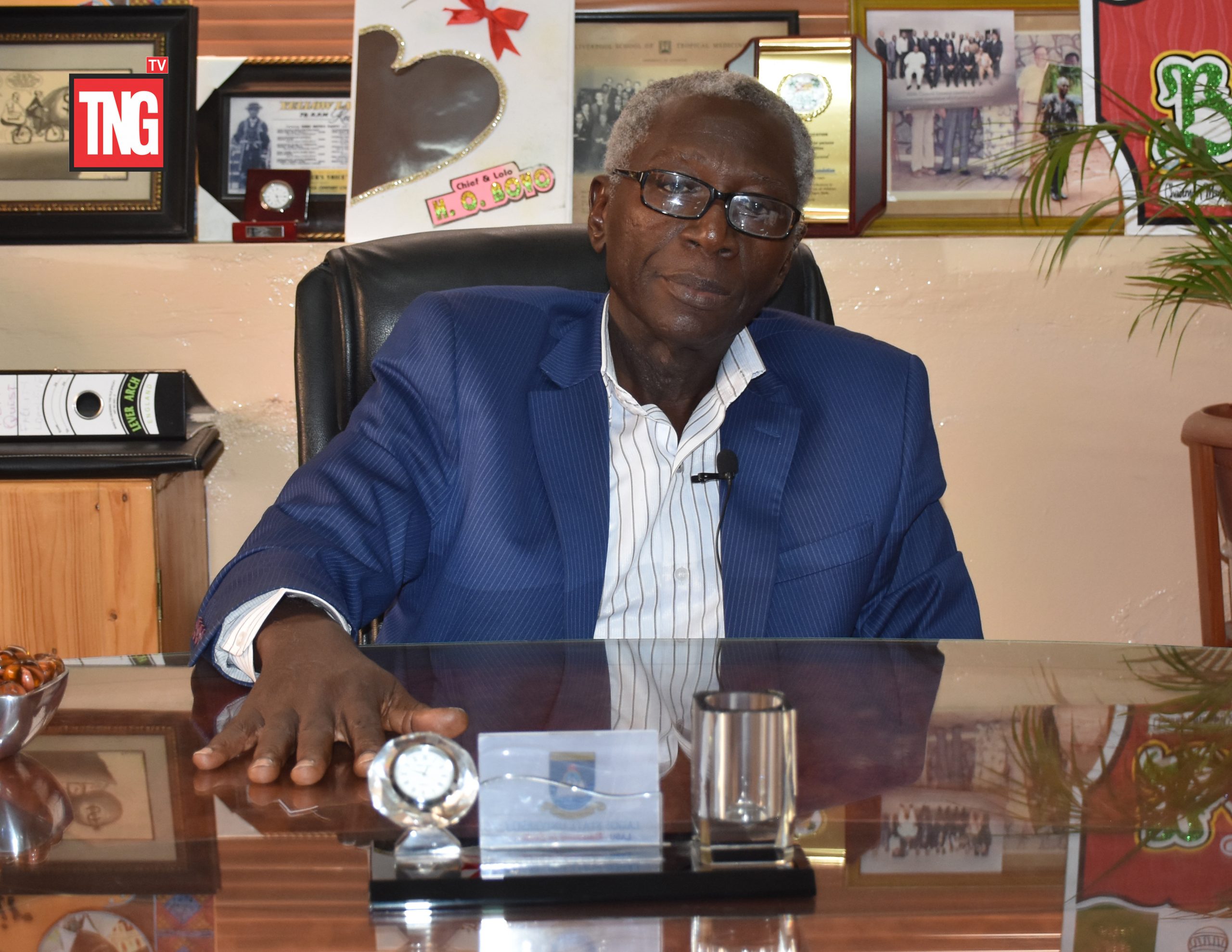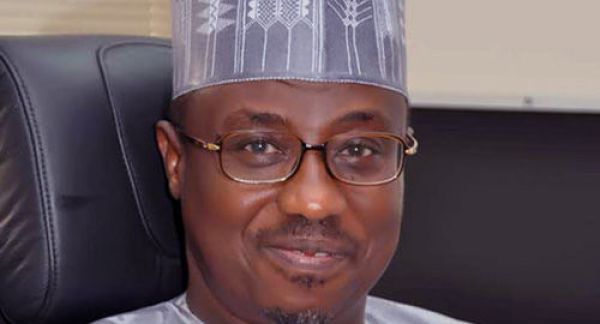BY HENRY BOYO
“The most important question now is: For how long must misguided government economic policies ruin our nation while we do nothing? This year, like others, has only twelve months. At least five will be spent with nobody thinking about how to prevent more deterioration. The remaining seven months cannot possibly reverse the accumulated damage – unless a new and radical solution is found”. An excerpt from ‘As Dangote goes, so does Nigerian economy’ by Dele Sobowale, Vanguard Newspaper, Monday, January 21, 2019.
The above quote is probably synonymous with the popular definition of insanity as “the continuous repetition of the same process with the same wrong results, and still expect a positive difference at each turn.”
Regrettably, it is much easier to identify several policies, in which results are not congruent with the declared objectives of government. However, the continuous sustenance of fuel subsidy, probably stands out as one of the most distortional, counter-productive policies, which induce socially and economically destructive outcomes for our country.
Admittedly, the abolition of subsidy will immediately spike fuel price from the regulated current pump price of N145/litre ($0.5litre) to between N305-360/litre (about $1.0/litre), to match the prevailing price range in Ghana, Togo, Benin, Cameroon, etc,. However, the pass through impact of doubling petrol price, on transportation and ultimately, on the general price level of goods and services, would clearly be traumatic for most income earners. Predictably, therefore, the expected economic benefit from the imminent increase in the minimum wage, will similarly become, diffused by the compounded inflationary impact of higher fuel prices and the almost doubled nominal incomes of workers. Furthermore, there are genuine concerns that if petrol pricing is totally deregulated, domestic fuel price will invariably climb, especially, if crude oil price remains above $60/barrel, or indeed, if Naira rate, further depreciates, even if rising crude oil price and output, fortuitously significantly increase CBN’s consolidated foreign reserves.
It is arguable, therefore, that the trigger of higher petrol prices and the impact of the imminent minimum wage increase, will rapidly fuel inflation, constrain consumer demand to increase unemployment and deepen poverty.
It is no wonder, therefore, that higher fuel prices, often, spontaneously pitches governments against the people; furthermore, higher fuel price is predictably also the precursor to higher price for bread, and the public angst against such a combustible inflationary mix, may ultimately pose great threat to any government. It is for this reason that governments everywhere are reluctant to raise fuel price, until push actually comes to shove, when increasing annual budget deficit and steeply rising debt, compel them to bite the bullet of hiking fuel price.
There is so far no known study of the opportunity cost of sustaining the present fuel subsidy regime, in Nigeria; nonetheless, any report of such evaluation would most certainly be gruesome and alarming. For example, in 2017 alone, in the absence of meaningful output from government’s refineries, Nigeria reportedly imported almost 23 billion litres of petroleum products worth well over N3tn (about $10bn). Nonetheless, there are, however, good reasons to believe that there is significant cross border smuggling of Nigeria’s petrol imports, because of the considerable difference, of almost $0.50cent/litre between petrol price in Nigeria and elsewhere in ECOWAS neighbour States. In this regard, Senate President, Bukola Saraki, raised an alarm, in a recent Press interview, in January 2019, challenging official reports of daily fuel consumption rates of 40-50 million litres, in place of the steady 25-30 million litres/day, traditionally, consumed for most of the last decade or so.
Incidentally, the NNPC MD, Maikanti Baru, had also expressed similar concern, last year, when he publicly decried the proliferation of over 2000 petrol stations and tank farms within a few kilometers from Nigeria’s borders. Baru, consequently, visited the Comptroller General of Customs and enjoined the Service to seriously strategise on stopping wholesale smugglers of Nigeria’s fuel imports, and thereby halt the heavy hemorrhage of possibly, well over $1bn annually from our treasury.
It is clearly disturbing that despite Nigeria’s significant, recurring, annual budget deficit, and over $73bn debt burden, with other expensive borrowing plans in the pipeline in 2019, the economies of our ECOWAS neighbour States may possibly still freely enjoy upto 50 percent ‘Awoof’ from the estimated, over N1tn ($3bn), that Nigeria reportedly, expends on subsidy values annually! Incidentally, it is on record that fuel was sold in this country for as little as 6kobo/litre without subsidy between 1966-1975 and sold below N1.00/litre until 1993. In retrospect, fuel subsidy crept into our economic lexicon, as a result of massive Naira devaluation between 1995-93, and thereafter. In other words, the real driver of fuel price is most probably, the Naira exchange rate; weaker Naira rates will predictably, produce higher petrol prices while, stronger Naira exchange rate will conversely induce lower fuel prices. Thus, unless the Naira exchange rate improves, it will clearly remain a challenge to bring down fuel price and successfully restrain inflation and also stop fuel smugglers.
Admittedly, the popular belief, is that petrol price will fall, particularly, when crude oil price also falls, but this is not necessarily so; in Nigeria’s experience, lower crude prices may actually sustain much higher fuel prices, particularly, if the Naira exchange rate continues to slide. In practice, the Naira exchange rate will invariably depreciate, under the present arrangement, whenever crude price and output fall and deflates CBN’s caché of dollar reserves.
Ironically, Naira exchange rate will still fall, even if crude oil price/output increase and swells the size of CBN’s dollar reserves, so that, more dollar revenue ultimately, becomes available for the usual substitution, with “criminally” bloated Naira allocations which will, invariably, weaken the Naira exchange rate in a monopolistic market, in which CBN consistently auctions small rations of dollars twice weekly, to determine the operative Naira/dollar exchange rate. In essence, this price mechanism artificially protects the dollar rate, and one may therefore be tempted to see the CBN as the Father Protector of the dollar rather than its own Naira!
However, CBN Governor Godwin Emefiele is clearly optimistic that the commissioning of Dangote’s 650,000 barrel capacity/day refinery complex in the Lekki Free Trade Zone, next year, would reduce pressure of dollar demand for petrol imports by possibly over $10bn annually. Consequently, Emefiele hopes that, once the refinery and petrochemical complex are up and running, the Federal Government and other forex users including bankers and importers will begin to source forex from the Dangote Group.
This may indeed be so, but there is no realistic permutation of how forex availability from Dangote will strengthen the Naira exchange rate and bring down fuel prices. In reality, so long as the CBN continues to determine the Naira exchange rate by auctioning rations of dollars in a market, that is admittedly, seemingly eternally flooded with surplus Naira supply which will propel inflation, the Naira exchange rate will remain weak, and petrol prices will also continue to rise and ultimately compel the need for the provision of a fresh round of subsidy in petrol pricing.
Expectedly, the sustenance of price regulation has primarily discouraged well over 30 intending investors, with federal government licenses to operate refineries, from proceeding with their plans.
Furthermore, despite the crying need of manufacturers and SMES for reasonably priced funds, well over 30 percent of total bank credit is often tied up, for extended periods, in loans for fuel imports.
Similarly, the CBN also has its own bag of odious idle debts on which it still pays primarily the Money Deposit Banks well over 15 percent in order to restrain inflation.
It is however noteworthy that the CBN Governor recently cautioned government on its steady accumulation of foreign loans. In practice, foreign loans may indeed be cheaper with rates below 10 percent, but such foreign loans may require much more substantial Naira values to repay, particularly if the Naira exchange rate crashes again before payments become due.



